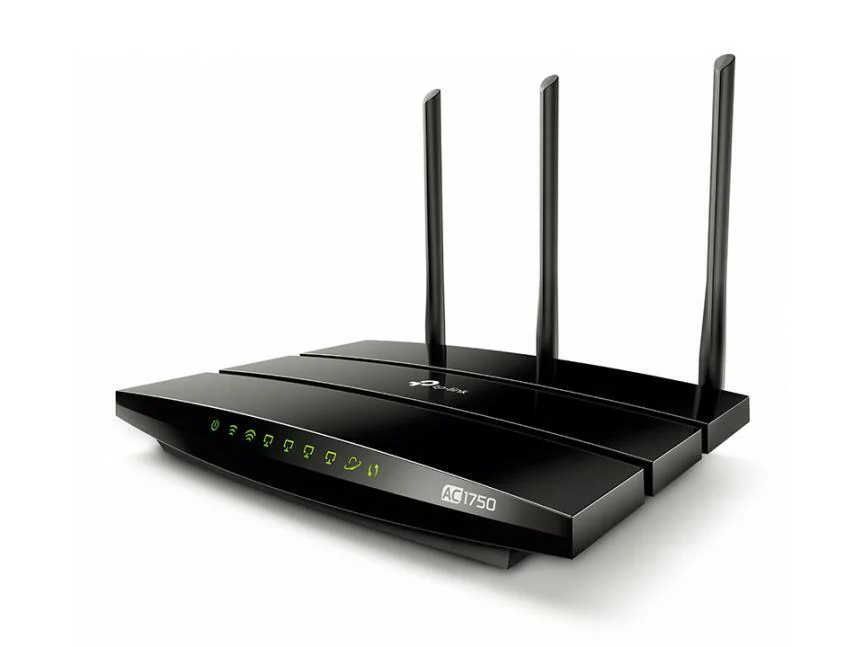“Buy American” Policy Could Hinder Progress Toward Internet for All. In recent years, discussions around “Buy American” policies have been gaining traction, particularly in the context of infrastructure projects. The idea is to prioritize domestic manufacturers and suppliers in order to boost the country’s economy. However, when it comes to the internet and the goal of universal access, such policies may do more harm than good. In this article, we’ll explore why a “Buy American” policy could hinder progress toward internet for all, and why a more global approach may be the better path forward.


The finish line is within sight. “Internet for All,” as the Biden administration put it, will soon be a reality if America keeps its priorities straight.
During his State of the Union address, President Joe Biden set a high bar, “We’re going to buy American,” as the U.S. spends billions of dollars on new broadband connections. This is a smart strategy to create American jobs and boost the U.S. economy, but our leaders must not sacrifice speed in the race to close the digital divide in cases where “Buy American” isn’t yet a realistic option.
Strengthened during the pandemic when all finally understood that broadband is a necessity, bipartisan cooperation brought America a once-in-a-generation opportunity to achieve universal connectivity. To date, more than $90 billion has been earmarked by Congress and the administration to finish the private sector’s work of connecting every home in America with broadband internet service.
Under the $42.45 billion Broadband Equity, Access, and Deployment (BEAD) Program, for example, every participating state — as well as Puerto Rico and the District of Columbia — will receive a minimum of $100 million for internet infrastructure, with more to be doled out based on each state’s proportional number of unserved locations. Cartesian estimates that fiber providers will contribute another $22 billion in funds for $64 billion in total, which is “sufficient to achieve the program’s availability goal” of making broadband service “available to all eligible locations.” That’s a first.


The Infrastructure Investment and Jobs Act (IIJA), signed into law by President Biden on November 15, 2021, also included $14.2 billion for the Affordable Connectivity Program, which has helped over 17 million American families pay for a home broadband connection that they otherwise would struggle to afford. What’s more, the bill set aside $2.75 billion for Digital Equity programs; $2 billion for the Tribal Broadband Connectivity Program; $2 billion for the Rural Utilities Service Distance Learning, Telemedicine and Broadband Program; and $1 billion for a new Middle Mile grant program. This truly is broadband’s moment in the sun.
During this sprint toward “Internet for All,” America’s leaders should avoid creating hurdles that will delay progress. Every American deserves to have the chance to “attend class, start a small business, visit with their doctor, and participate in the modern economy.”
The Importance of a Connected World
In today’s society, being connected to the internet is crucial. It is a fundamental tool for communication, education, commerce, and access to essential services. However, not everyone has access to this tool, particularly in developing countries and remote areas. In fact, according to the International Telecommunication Union, nearly half of the world’s population is still without internet access. Closing this gap and achieving universal access is a top priority for many countries, including the United States.
The Role of Infrastructure in Universal Access
One of the biggest obstacles to achieving universal internet access is the lack of infrastructure, particularly in rural areas. Building out this infrastructure requires a significant investment in time, money, and resources. In the United States, the government has been working on initiatives like the Rural Digital Opportunity Fund to provide funding and support for infrastructure projects. However, a “Buy American” policy could limit the pool of suppliers and increase costs, potentially slowing down the progress toward universal access.


The Benefits of a Global Approach
Instead of limiting the pool of suppliers, a more global approach could actually speed up progress toward universal access. By allowing for the use of the best and most cost-effective technologies from around the world, we can build out infrastructure faster and more efficiently. This approach would also foster greater collaboration and innovation, as companies and countries work together to achieve a common goal.
Addressing the Challenges of a Global Approach
Of course, a global approach also presents its own set of challenges. One potential concern is the issue of data privacy and security. As more and more countries and companies become involved in building out the infrastructure for universal access, it becomes increasingly important to ensure that sensitive data is protected. This requires a commitment to strong security measures and the development of international standards that everyone can agree on.
Another challenge is the potential for cultural clashes and differences in priorities. What works in one country may not work in another, and it is important to consider these differences when building out the infrastructure for universal access. This requires a commitment to collaboration and communication, as well as an openness to new ideas and approaches.


Building a Connected World Together
Despite these challenges, a global approach to building out the infrastructure for universal internet access holds great promise. By working together, we can overcome the obstacles and achieve a connected world that benefits everyone. This means investing in the necessary infrastructure, fostering collaboration and innovation, and developing strong security measures and international standards. With these building blocks in place, we can create a world where access to the internet is a fundamental right for all.
Conclusion
In conclusion, while the goal of boosting the domestic economy is certainly a noble one, a “Buy American” policy could hinder progress toward universal internet access. A more global approach that allows for the use of the best and most cost-effective technologies is the better path forward. By working together, we can build a connected world that benefits everyone.
- #GlobalInternetAccess #InternetForAll #ConnectTheWorld #DigitalDivide #Infrastructure #Investment #Security #Privacy #Collaboration #Innovation #InternationalStandards #BuyAmerican #RuralDigitalOpportunityFund #OpennessToNewIdeas #CulturalConsiderations #Sustainability #DigitalInclusion #TechnologyForGood #Empowerment



